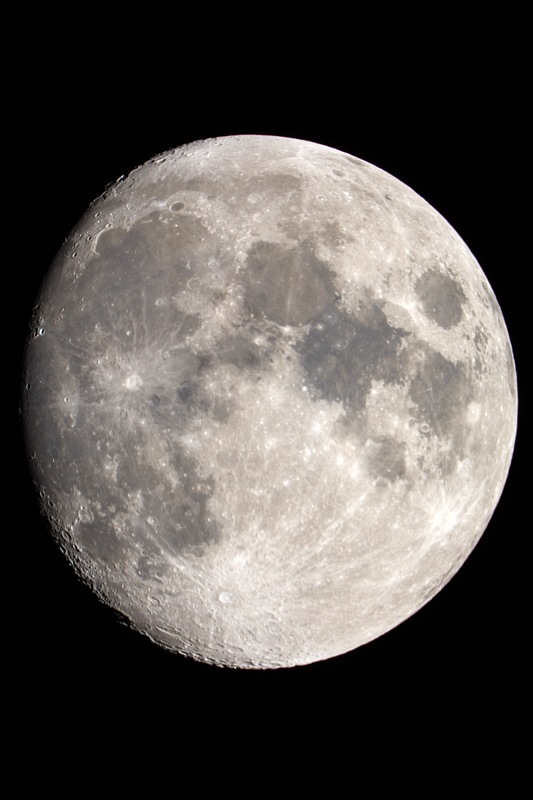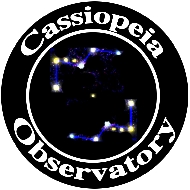D7200 DSLR imaging: Venus, Lunar Crater Tycho
Posted: 10 March 2017
Wednesday afternoon, 8 March 2017, I set up one of three new red solar pathway lights we purchased.

I had let the unit charge inside the house in direct sunlight by a window for about 10 hours before moving it outside. The light did NOT come ON that night. I let it charge another full day outside but still no nighttime illumination. The photo shows that the red LED is illuminated while charging in the sunlight. It just doesn't work at night. Not certain of the logic behind selling a pathway light that only works in the daytime. All three LED units have this same problem. They will be returned to the seller.
Pterodactyl flying over Cassiopeia Observatory on Thursday, 9 March 2017?

Nope. It was a Gambel's Quail.
|
Open: Thursday, 9 March 2017, 1807 MST Temperature: 90°F |
Session: 1081 Conditions: Mostly clear |
Equipment Used:
12" f/8 LX600 w/StarLock
2" 24mm UWA eyepiece
1.25" 26mm eyepiece
1.25" 9mm eyepiece
1.25" 2 Barlow Lens
Camera:
D7200 DSLR
1811 MST: LX600 ON, StarLock OFF, High Precision OFF.
1814 MST: viewed Venus, 102X. Lovely crescent.
Began setting up for eyepiece projection 542X (9mm eyepiece + 2X Barlow Lens) imaging of Venus using the D7200 DSLR on the 12" telescope. This is how Venus looked on the "live view" screen of the DSLR:

This is a stack of 467 HD video frames, 30fps, 1/60sec, ISO 640:

1845 MST: viewed the waxing gibbous Moon, 102X.
Mounted the D7200 DSLR at prime focus + focal reducer. As seen in the photo of the DSLR "live view" screen, the Moon barely fit in the camera field-of-view:

This is a 1/320sec, ISO 100, exposure of the Moon taken with the DSLR:

1900 MST: began doing some lunar observing, 94X (26mm eyepiece + 2X Barlow Lens). Decided to image the crater Tycho.
Mounted the DSLR for eyepiece projection 542X, but that was too much magnification for the seeing. Removed the 2X Barlow Lens for this 271X (9mm eyepiece), 1/400sec, ISO 1600, image:

1923 MST: ended imaging. 1934 MST: LX600 OFF.
|
Close: Thursday, 9 March 2017, 1943 MST Temperature: 69°F |
Session Length: 1h 36m Conditions: Mostly clear |
Comments are welcome using Email. Twitter users can use the button below to tweet this report to your followers. Thanks.
Cassiopeia Observatory Home Page
Copyright ©2017 Michael L. Weasner / mweasner@me.com
URL = http://www.weasner.com/co/Reports/2017/03/10/index.html
